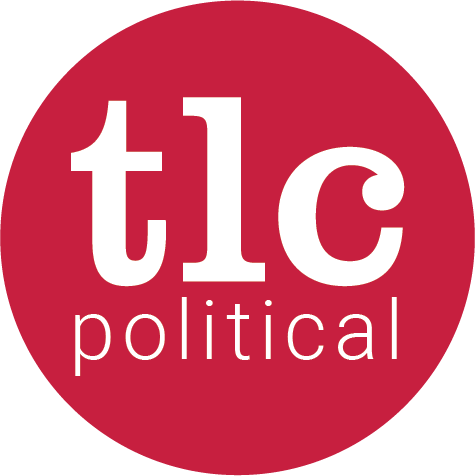As we are all too aware, digital political advertising has made a bit of news over the last 5+ years. From Obama using it in its early days to propel himself from the halls of the Capitol to the Oval Office to Donald Trump coming out of nowhere to capture the White House, online advertising plays a massive role in every imaginable political race.
Heading into the 2020 political season, there were rumblings of social media platforms banning political speech, but not many truly believed it would happen—us included. But when platforms did in fact limit how political advertisers could target audiences, it shifted the playing field off its axis.
The big player in the game is clearly Facebook, with Google not too far behind. With these two platforms alone, you can target any individual or group of people throughout the world. Whether it be by geography, demographics, or “likes,” both Facebook and Google are truly powerful forces when it comes to reaching out and concisely advertising to the exact right audience. When these two platforms locked down in the few remaining days of the campaign, it felt like the Wild West of digital political advertising with a lot of throwing things on the wall to see what stuck.
Heading into 2021, many candidates and organizations are asking the “so what’s going on with Facebook and social media” question, and rightly so. We had planned all kinds of workarounds while giving these folks the disclaimer of “we aren’t too sure if this is going to work at the same level that we’ve seen in previous years.”
Luckily for everyone, both Facebook and Google have since allowed digital political advertising to resume. While these platforms are back and claiming to have the same capabilities and reach as before, one thing has become crystal clear: we are reliant on social media platforms to disseminate political speech.
Digital advertisers will thus need to diversify and find innovative ways to reach people during the campaign season in case Big Tech wishes to ban political speech again. While we hope such an event doesn’t happen, here are three things to keep in mind as you craft your marketing strategies and navigate these uncertain times.
The bottom line: whatever platforms you use or tactics you employ, diversifying your digital marketing strategy is essential to consistently and effectively reach your audience.
For more information about how to develop a robust digital advertising strategy, contact us at political@thelukenscompany.com.
Heading into the 2020 political season, there were rumblings of social media platforms banning political speech, but not many truly believed it would happen—us included. But when platforms did in fact limit how political advertisers could target audiences, it shifted the playing field off its axis.
WHAT’S GOING ON IN THE PLAYING FIELD?
The big player in the game is clearly Facebook, with Google not too far behind. With these two platforms alone, you can target any individual or group of people throughout the world. Whether it be by geography, demographics, or “likes,” both Facebook and Google are truly powerful forces when it comes to reaching out and concisely advertising to the exact right audience. When these two platforms locked down in the few remaining days of the campaign, it felt like the Wild West of digital political advertising with a lot of throwing things on the wall to see what stuck.
SO WHAT’S NEXT?
Heading into 2021, many candidates and organizations are asking the “so what’s going on with Facebook and social media” question, and rightly so. We had planned all kinds of workarounds while giving these folks the disclaimer of “we aren’t too sure if this is going to work at the same level that we’ve seen in previous years.”
Luckily for everyone, both Facebook and Google have since allowed digital political advertising to resume. While these platforms are back and claiming to have the same capabilities and reach as before, one thing has become crystal clear: we are reliant on social media platforms to disseminate political speech.
Digital advertisers will thus need to diversify and find innovative ways to reach people during the campaign season in case Big Tech wishes to ban political speech again. While we hope such an event doesn’t happen, here are three things to keep in mind as you craft your marketing strategies and navigate these uncertain times.
- Stay nimble and work through various digital platforms. This is absolutely key in the coming years in order to reach voters.
- Look into other mediums. This includes display ads, over-the-top (OTT) advertising, TV, print, radio, and podcasts to share your message.
- Make sure that your data is always up to date and malleable. This will be nothing short of fundamental in the future to adhere to unforeseen changes and trends.
The bottom line: whatever platforms you use or tactics you employ, diversifying your digital marketing strategy is essential to consistently and effectively reach your audience.
LOOKING FOR MORE INFORMATION?
For more information about how to develop a robust digital advertising strategy, contact us at political@thelukenscompany.com.
